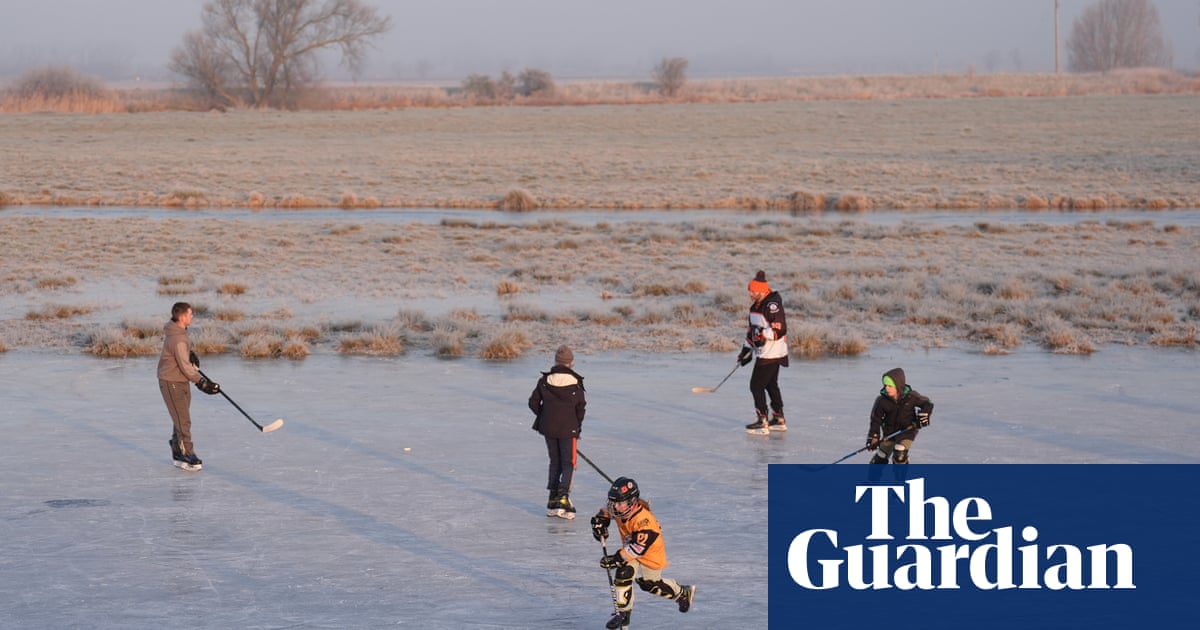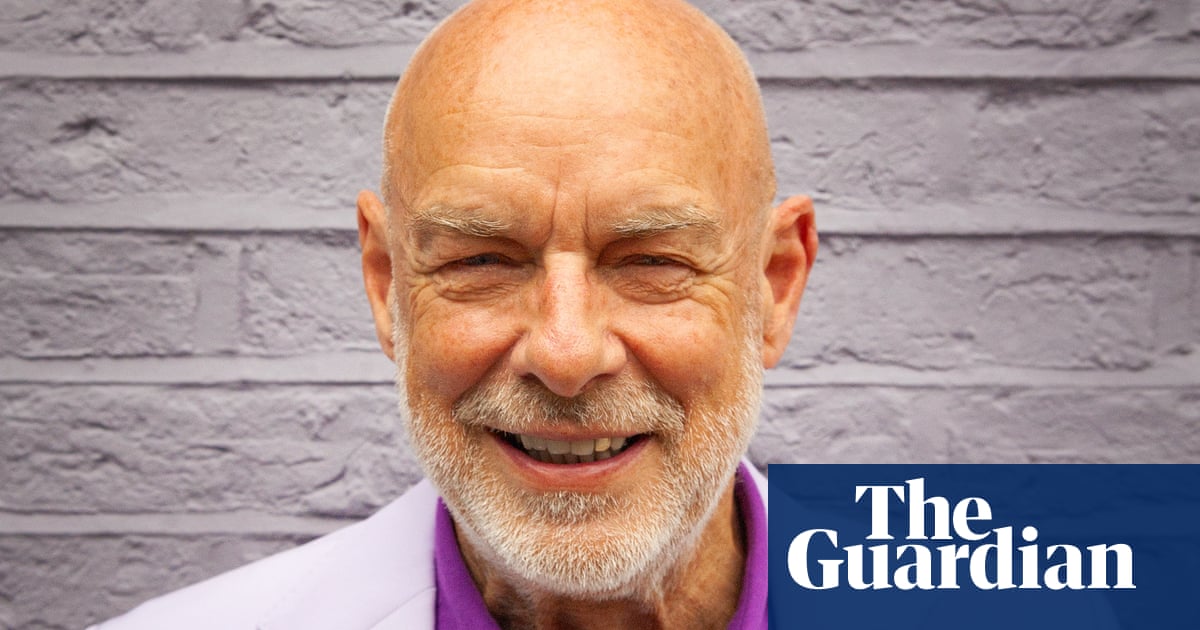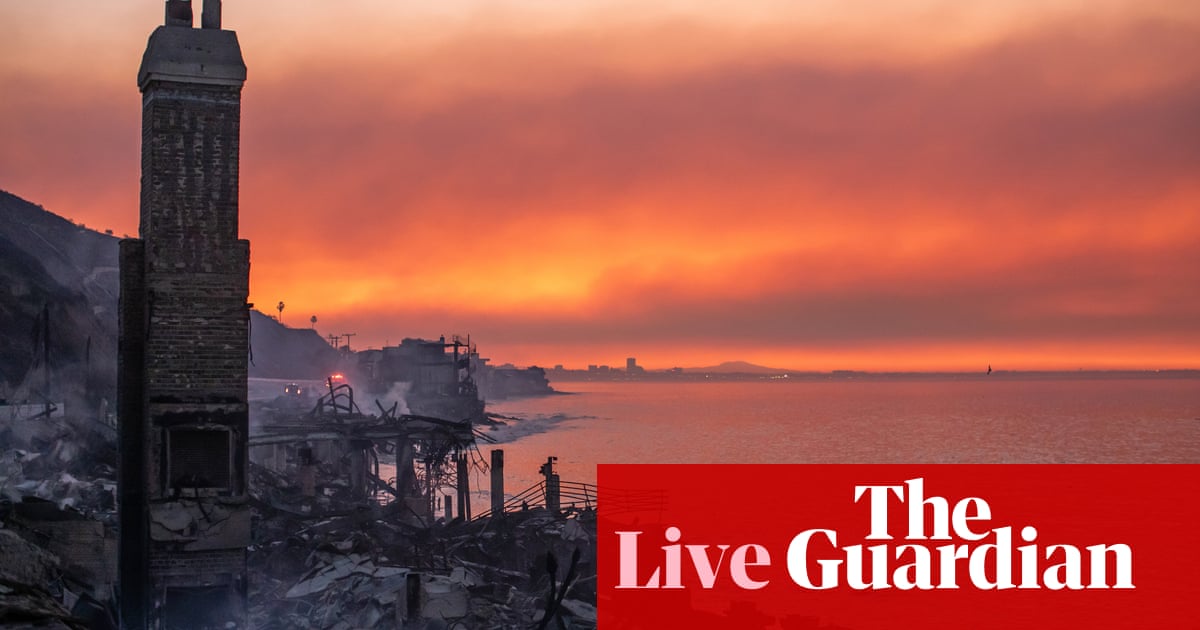On a Thursday evening last June, I found myself standing in a packed room in the House of Commons. The space had been turned into a temporary art gallery showcasing work made by a selection of IPP prisoners – the acronym stands for imprisonment for public protection – who had spent years in prison beyond their sentences or remained there, under the terms of the long-abolished indeterminate sentence, which had by then collectively been agreed upon as a point of national disgrace. Much of the art was, unsurprisingly, darkly hued and themed, a mesh of heavy greys and nightmare landscapes.
Donna Mooney – whose brother Tommy Nicol took his own life in prison in 2015, having lost hope of ever being released after serving two extra years over his four-year minimum tariff for a car robbery – had given a short, understated address. Words to the effect that the renewed interest in IPP was welcome, but there were still hundreds of people lingering in prisons across England and Wales. Her speech was greeted with the applause it deserved. I remember noting how impressively cool her performance was, and how hard won that control must have been.
These indeterminate sentences were brought into law in 2005 under the terms of the Criminal Justice Act 2003, having been cooked up in the earliest years of the millennium as part of the broader New Labour crusade to be “tough on crime, tough on the causes of crime”. The idea was simple enough. An IPP sentence – which carried a minimum but no maximum tariff – could be applied to anyone convicted of one of 96 serious violent or sexual offences, providing the court considered the offender a marked threat to the public. After serving the minimum period in custody – say, four years, as in the case of Nicol – there would be a referral to the Parole Board. Many remained in prison. If the applicant was judged to no longer be a threat, they would be released on a 99 year-long licence, effectively a life sentence, with the potential to be recalled at any time for any infraction of their conditions.
It has often been written that the Labour government was surprised by the subsequent disaster. That IPP was only supposed to be for a few hundred of the most dangerous criminals in the country. In reality, about 6,000 sentences were handed down by trigger-happy or confused judges. The law had been built in such a way that an IPP sentence was mandatory if certain conditions were met. This meant it was often handed out for relatively trivial offences.
Tommy Nicol stole a car. Wayne Bell was jailed in 2007 for a minimum of two years for stealing a bike. He has never been released. Neither has Thomas White, convicted for mobile phone theft in 2012. Aaron Graham was found guilty of punching a man in 2005 and given a minimum term of two years and 124 days. He has now served almost 20 years, including time spent on remand. Cardiff-born Shaun Lloyd spent eight years inside on a two-year nine-month minimum tariff for stealing a mobile phone that year. “You have a breakdown because you can’t understand how someone can be serving life for a crime that in no way merits a life sentence,” his mother Shirley Debono told me back in 2019.
Perhaps naively, I thought that we had finally travelled beyond being shocked at the sheer scale of entirely avoidable horror. Reports this week, that five people served with tariffs of less than six months had spent almost 16 years in prison without release, wiped away any such complacency. A further 15 had been served with tariffs between six months and a year, another 47 between a year and 18 months.
When I reached out to Ungripp, a campaigning group representing the families of IPP prisoners, they professed themselves equally shocked. These people had slipped so far into the recesses of the prison system that even these most tireless of campaigners had lost sight of them. “We suspect some of the reason,” a spokesperson wrote to me, “is that they have given up complete hope of ever getting released, so they do not see any point in getting support.”
IPP was formally abolished in 2012 after a damning ruling from the European court of human rights, which called it “fundamentally unjust”. This meant no new sentences could be imposed after December that year. This has been precious little comfort for the thousands who remain locked up, thought too damaged for release (how would any of us cope, incarcerated without an end goal in sight?), or those who constantly fear recall back to prison on the flimsiest pretext.
As of June this year, 2,796 people were in custody, with 1,200 who had been in prison continuously from the time of their conviction. Rates of self-harm have been appallingly high, more than double the rest of the prison population. It isn’t that things have remained unchanged. Not entirely, at least. In 2022, a justice select committee report recommended the introduction of new legislation aimed at resentencing all remaining IPP prisoners, damning the sentences as “fundamentally flawed”. These proposals were rejected out of hand by then justice secretary Dominic Raab last February. On hearing the news, 30-year-old Sean Davies took his own life in Swaleside prison. He had served some 11 years, having been handed a five-year minimum tariff in 2012.
Alex Chalk, Raab’s successor, subsequently announced a plan that would – along with other measures – “terminate” the licences of certain IPP prisoners who had been released for three years without being recalled to prison. This was included in the new Victims and Prisoners Act. The Labour government has continued to make positive noises. Shabana Mahmood, the justice secretary, has pledged to “re-examine” the treatment of IPP prisoners. Fresh reports have floated an upcoming announcement that more than 1,000 IPP offenders on probation in the community will have their licences terminated with immediate effect. There are significant caveats. Eligibility requires someone to have been released from custody at least five years ago without having been recalled for the past two years. Yet again, nothing has been promised to the hundreds of unreleased, and apparently unreleasable, offenders trapped in horrifying stasis.
We are used to talking about a criminal justice system in crisis. Our decrepit courts and chronically overcrowded prisons are the focus of outraged headlines and endless pontificating across the news media. Rightly so. If it’s true that a society should be judged by how it treats its prisoners, then the apparently never-ending IPP catastrophe is a damning indictment of ours.
-
Francisco Garcia is a journalist and author of We All Go Into the Dark: The Hunt for Bible John
-
Do you have an opinion on the issues raised in this article? If you would like to submit a response of up to 300 words by email to be considered for publication in our letters section, please click here.

.png) 2 months ago
19
2 months ago
19













































